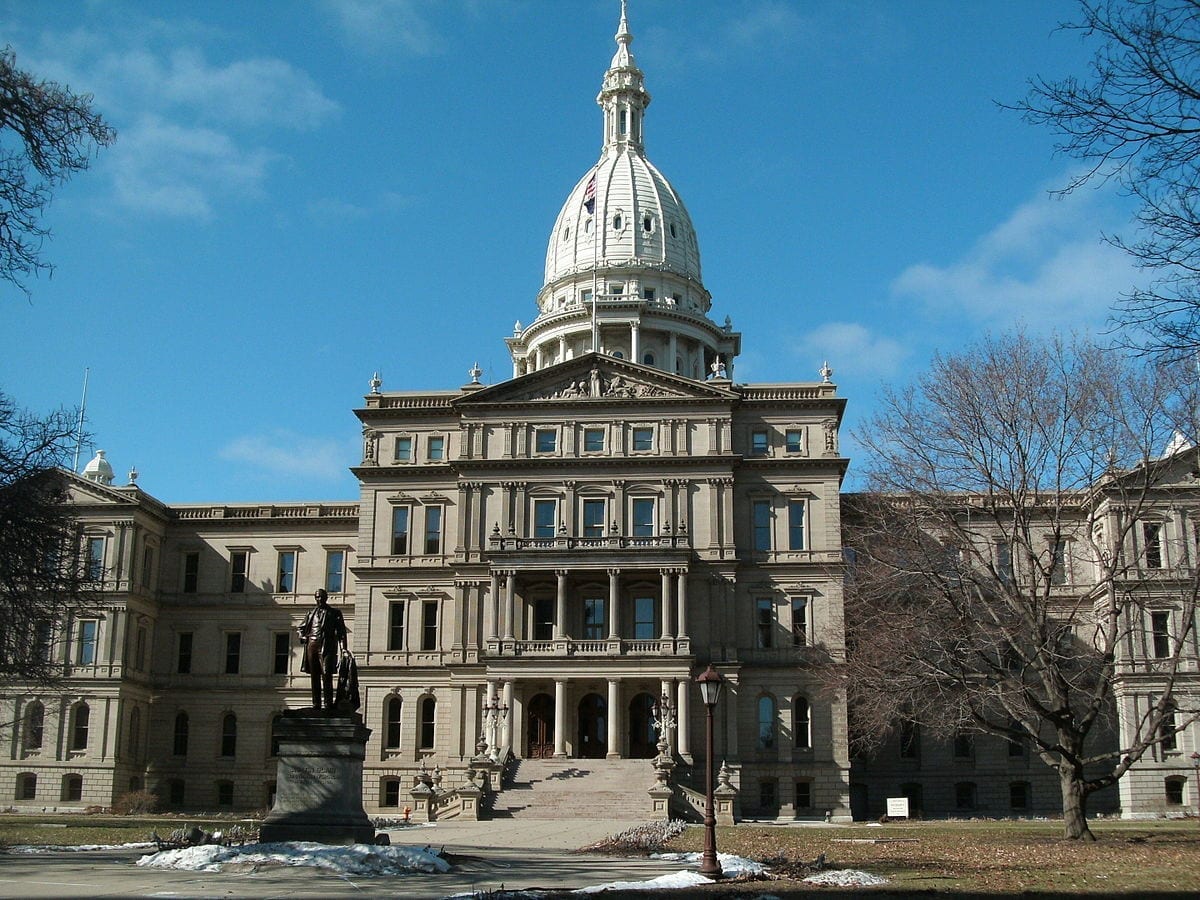Michigan lawmakers have tried and failed to reform the state’s costly no-fault automobile insurance laws. Heading into 2019, politicians are again promising a change that’s so far failed to materialize.
Michigan lawmakers may try again to change the state’s high-stakes automobile insurance laws.
The initiative is by no means new. As Michigan Radio notes, efforts to topple no-fault insurance have been made time and time again in vain.
Asked Thursday to identify his top legislative goal, Michigan Senate Majority Leader Mike Shirkey (R-Clarklake) said it’d be reforming and lowering insurance rates.
But Shirkey says medical and legal lobbies exert a lot of pressure to maintain the status quo.
“That’s the biggest reason why […] previous attempts at reform have met with high resistance, is because there’s been many businesses built on and around that statute,” Shirkey said.
Michigan’s no-fault policies mandate unlimited medical benefits for injured drivers—a practice that’s led to the state having some of the most oppressive rates nationwide.
A Michigan Radio analysis showed that personal injury protection—frequently cut down to its acronym, PIP—accounts for well over half of what Michiganders pay in premiums each year. That’s a big change from 2000, when PIP amounted to a scarce fifth of annual totals.

“The biggest driver [in pricing] is that Michigan has an unlimited medical benefit for injured drivers under the no-fault auto insurance law. And it’s unlimited in two fashions: One, the total amount that you can have paid out by your insurer for your lifetime medical costs, and that ranges from the broken bone to someone who is paralyzed and bedridden […] those are the most catastrophic injuries,” said Cynthia Canty of Stateside. “But then, the person who’s going through hospital for whiplash or a back injury, and then goes to a post-hospitalization clinic, an outpatient clinic. For those providers, there is no limit on what they can charge.
“It is simply what the insurance company will pay.”
Insurers are also allowed to implement discriminatory premiums based on geographical factors and age. Consequently, already-impoverished cities like Detroit and Flint have rates so high that many drivers opt to forgo insurance altogether.
According to Michigan Radio, hospitals, doctors and personal injury attorneys have all campaigned hard to keep no-fault in place.
Senate Minority Leader Jim Ananich (D-Flint) says he’d like to reach an agreement on no-fault, too, provided that protections are still kept for injured motorists.
“If we let insurance companies write what they want, then it won’t be done. If we let the health care providers write what they want, then it won’t be done,” Ananich said. “If we can sit down and say ‘Everyone’s got to swallow some medicine,’ I think we can find a path. I don’t know if they are willing to do that.”
Meanwhile, Shirkey’s proposed a more radical alternative: eliminating unlimited coverage altogether.
“I think we need to seriously talk about eliminating the unlimited coverage,” he said in 2018.
Other lawmakers have suggested “driver’s choice” plans that’d give Michigan motorists more discretion in choosing premiums.
Sources
Michigan lawmakers will try again to reform state’s auto insurance law
No-fault auto insurance reform could be resurrected in Michigan House this week


Join the conversation!